


The art of damascening in precious metals on iron is of great antiquity, and was the decoration of choice on arms and armour from prehistory through to modern times.
Through the efforts of the Zuloaga family the remote mountain town of Eibar in the Basque Country became the centre of European damascening in the 19th century. Interestingly, the impact of the Zuloagas was even greater in England than in Spain itself. The renowned works of the Zuloagas are wellrecorded in the Basque region, and to a lesser degree in the rest of Spain. In 1925 Ignacio, the son of Plácido, opened the family museum in Zumaia to the public, where today one can view the paintings, sculptures, damascene metal and ceramics made by members of this most creative of dynasties.
To date, however, little has been written about Spanish damascene outside the country of its origin and the subject is relatively unknown in the rest of the world. After extensive research, the Khalili Collection has been published in a high-quality all-colour volume in both English and Spanish. It contains an original history of Spanish damascening to 1840, a comprehensive essay on the Zuloagas of Eibar and a complete catalogue by James D. Lavin; an in-depth essay on the techniques of damascening written by a local Basque historian and one-time artisan; and an introduction by the great-granddaughter of Plácido.
The late Dr James D. Lavin – Former Professor of Spanish, College of William & Mary, Williamsburg, Virginia.
The late Ramiro Larrañaga – Former master engraver and damascener; Basque historian and author
English: 215 pages; fully illustrated in colour; 31 x 24 cm; ISBN: 978-1-874780-11-3 (softcover); ISBN: 978-1-874780-10-6 (hardback with dust jacket); Out of Print
Spanish: softcover ISBN: 978-8-486827-16-8
PURCHASE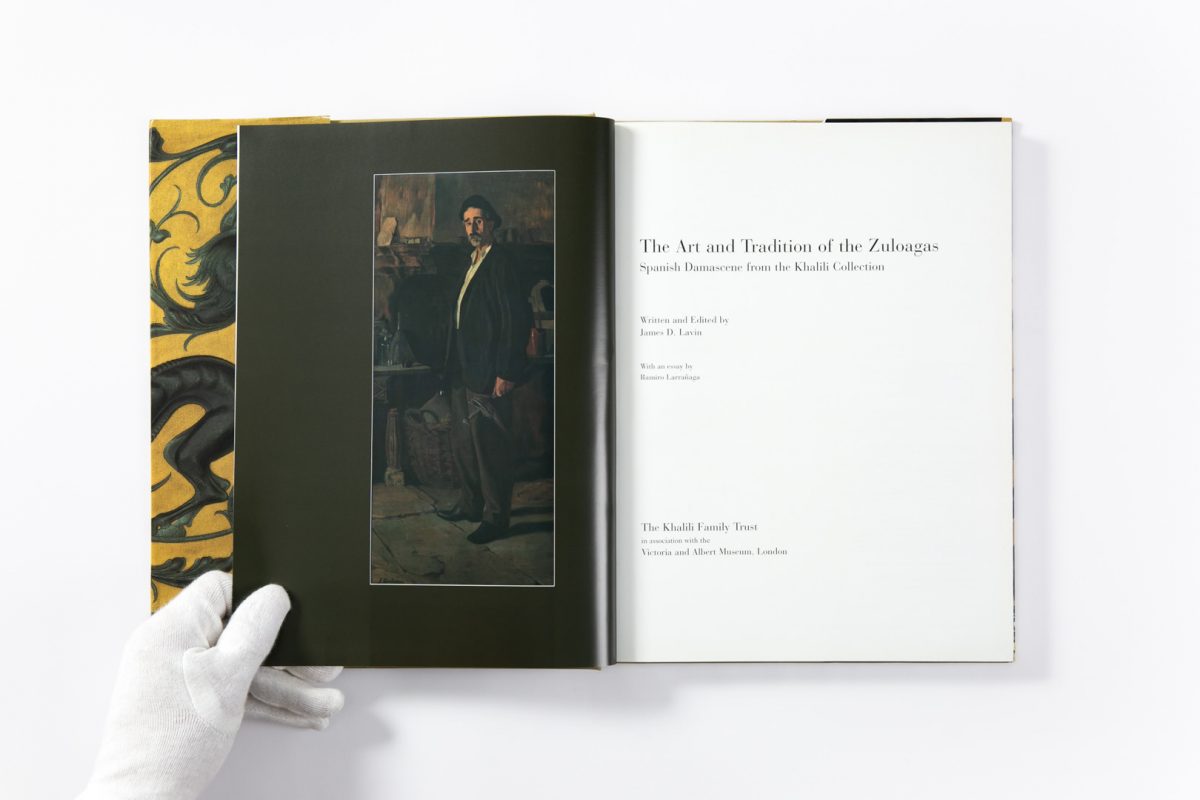
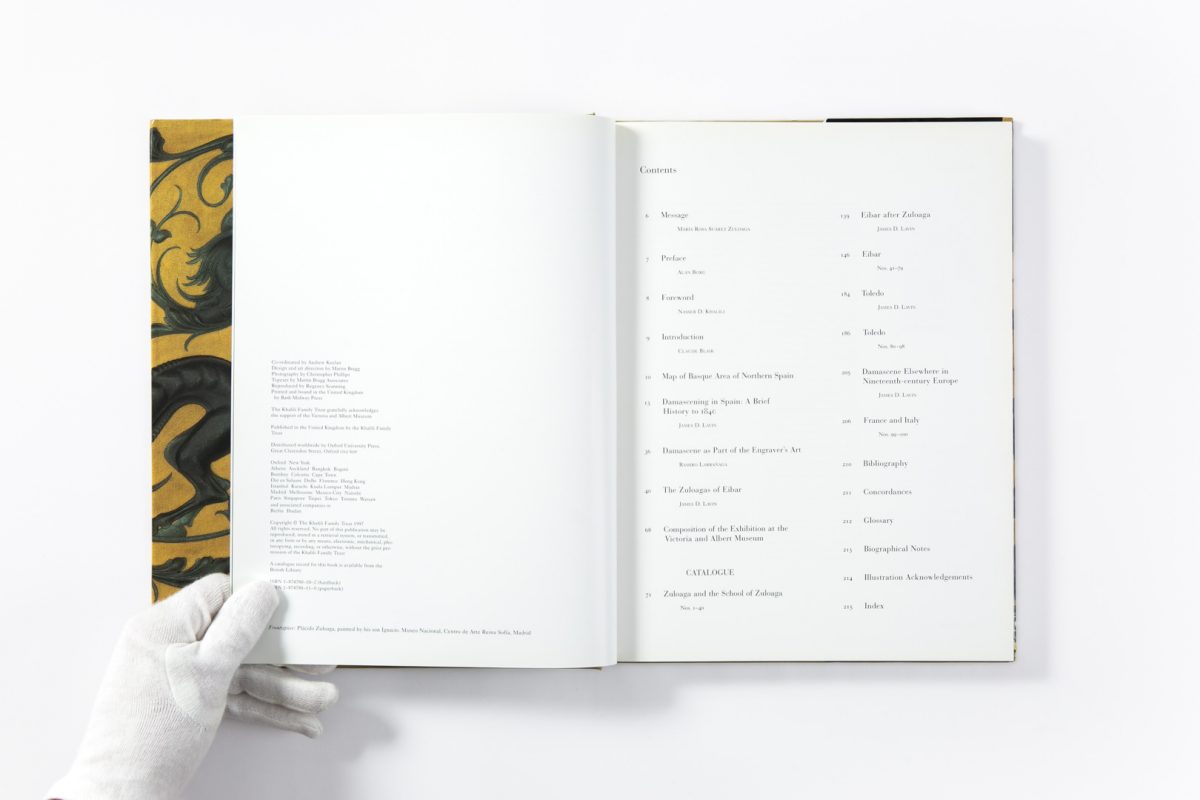
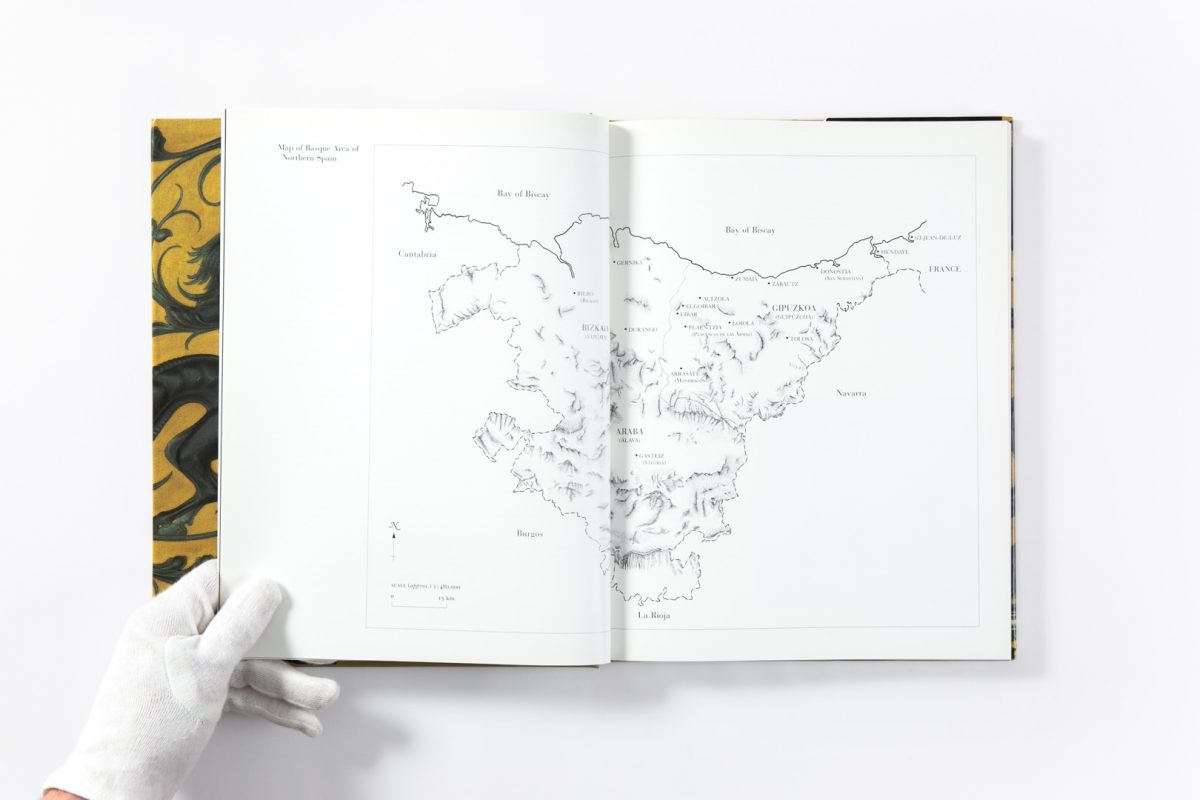
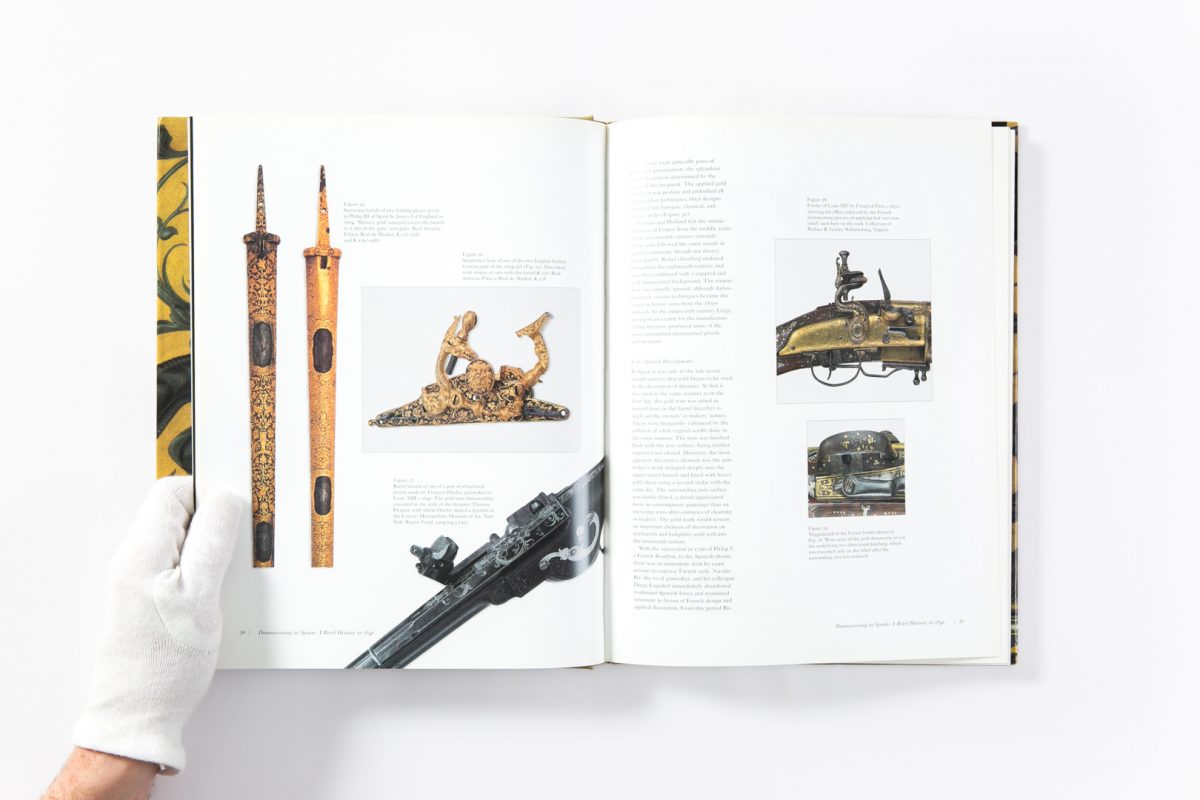
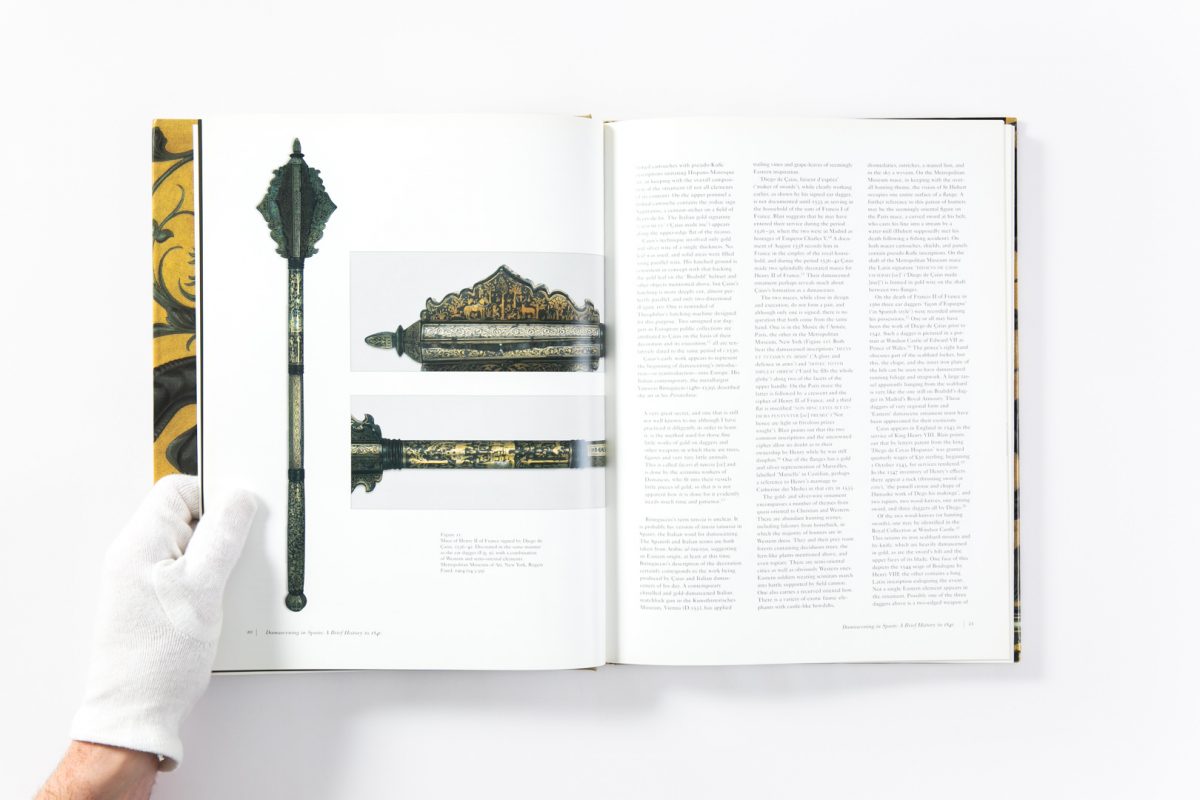
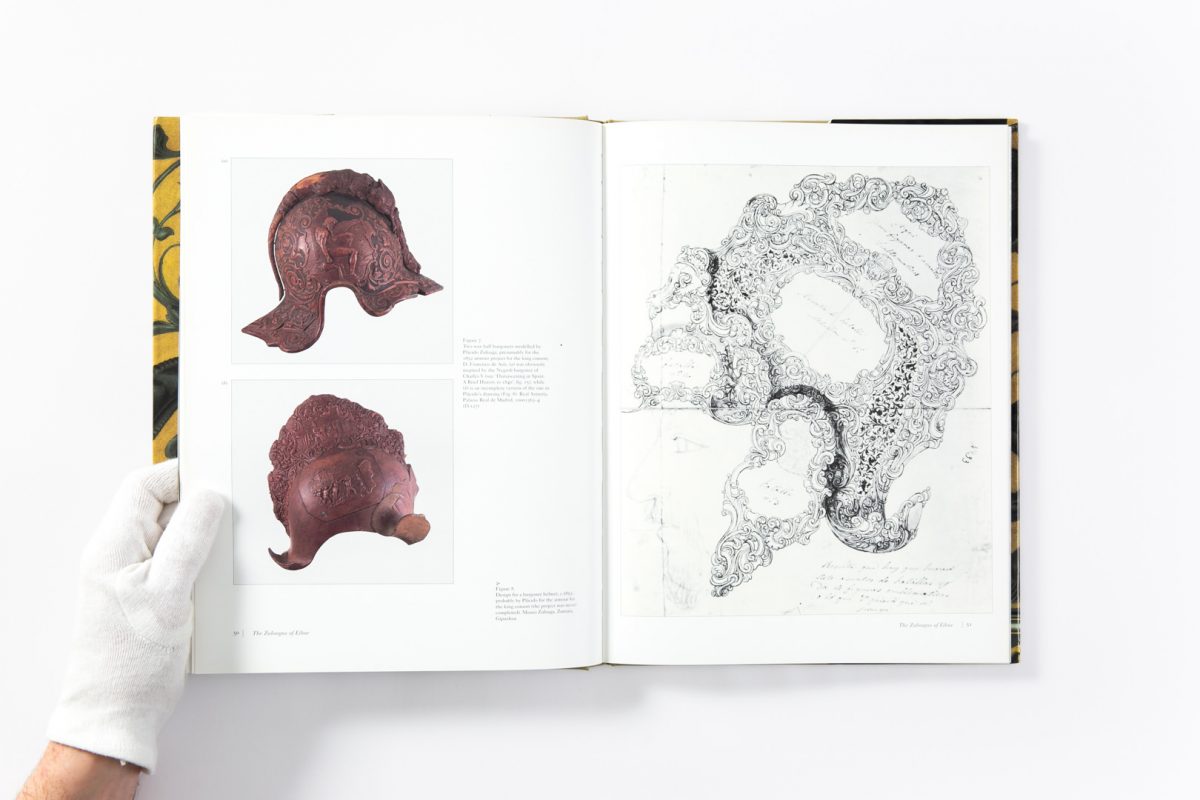
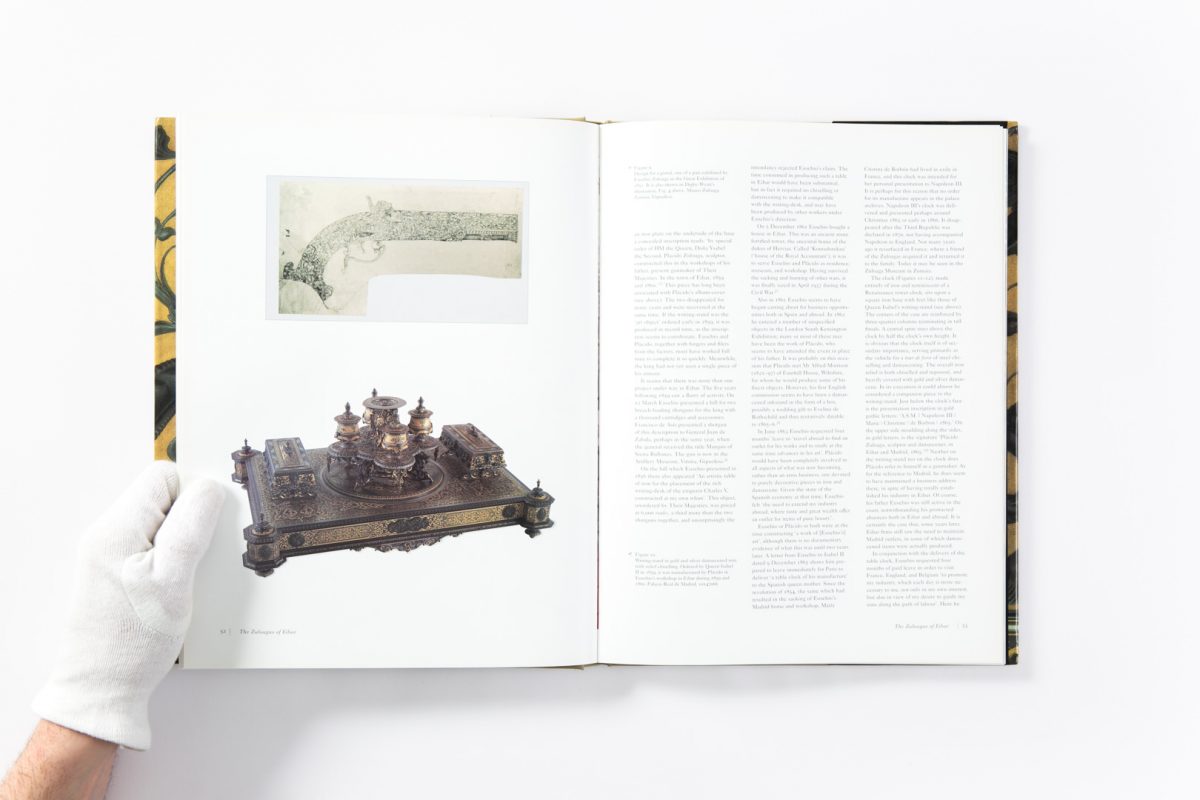
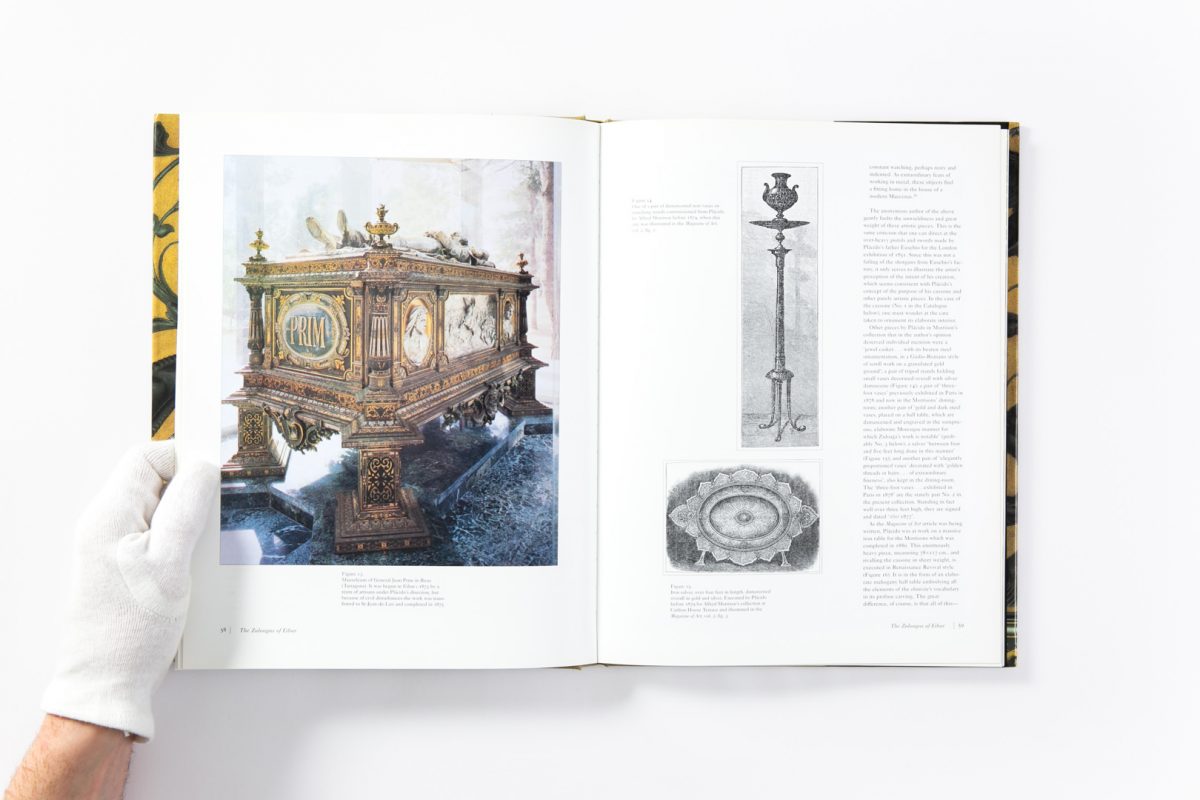
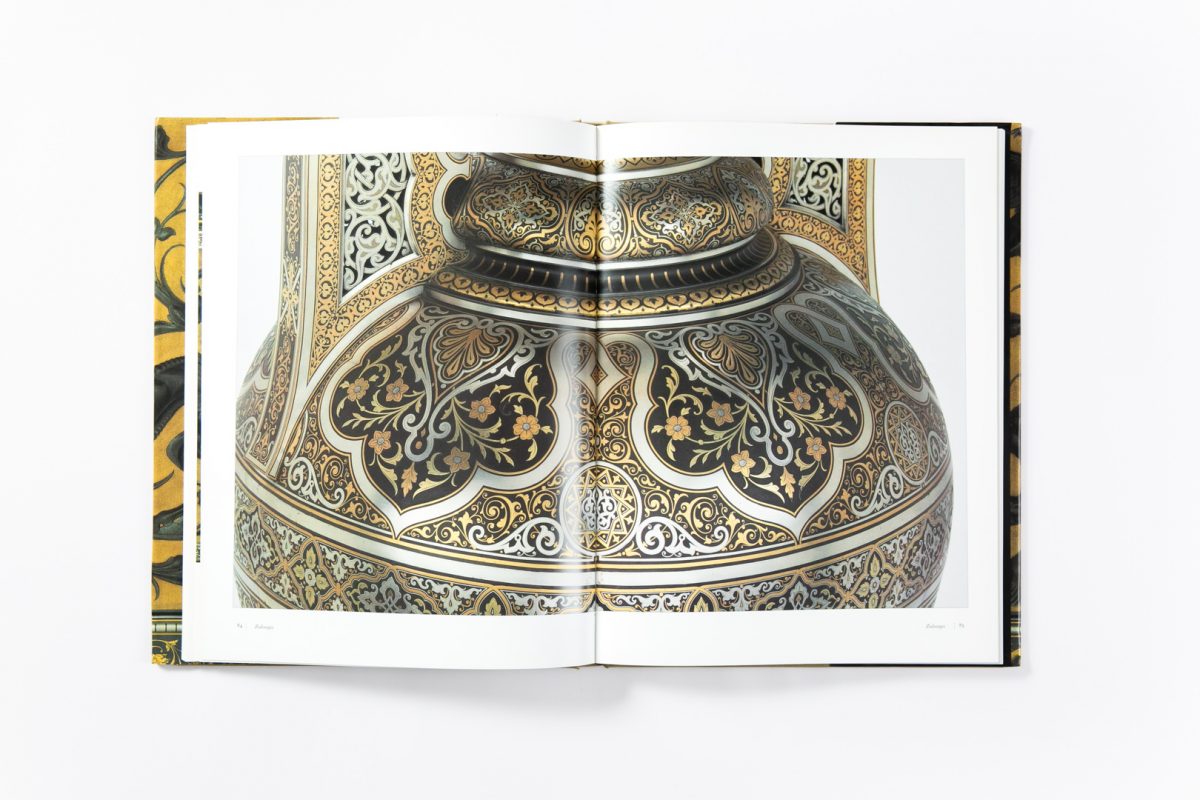
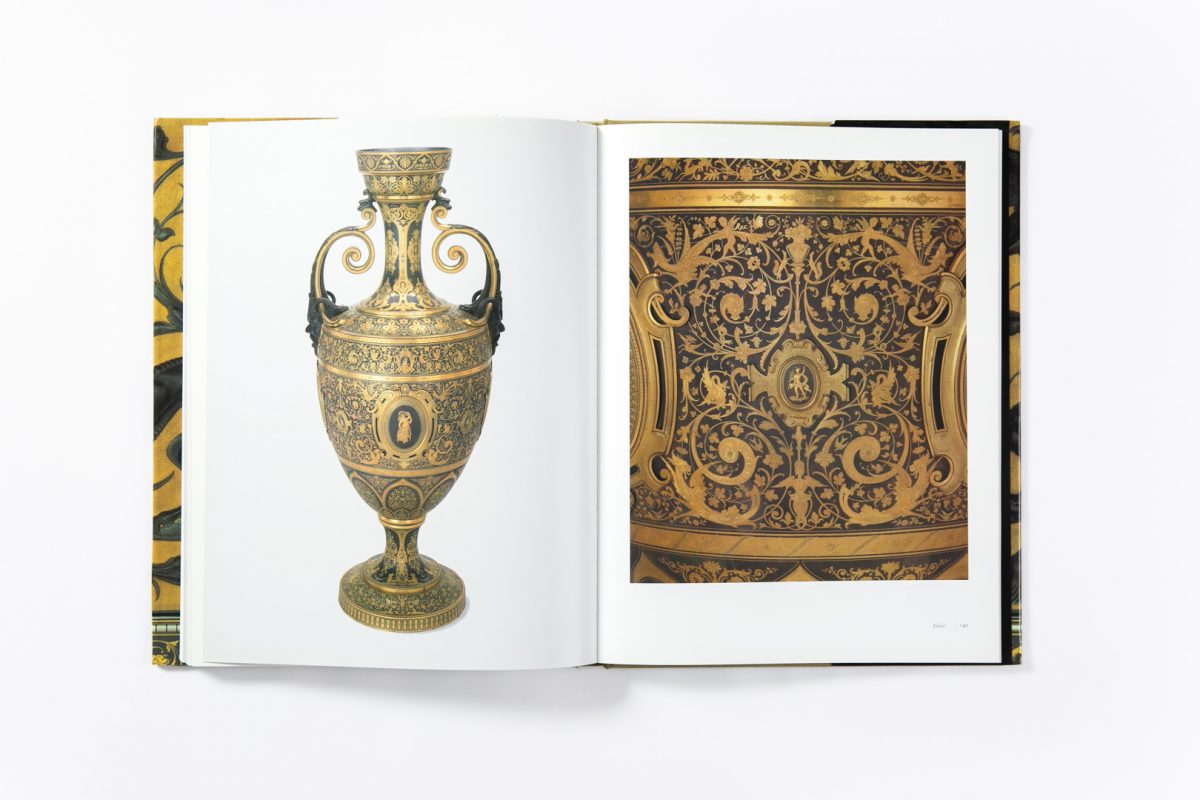
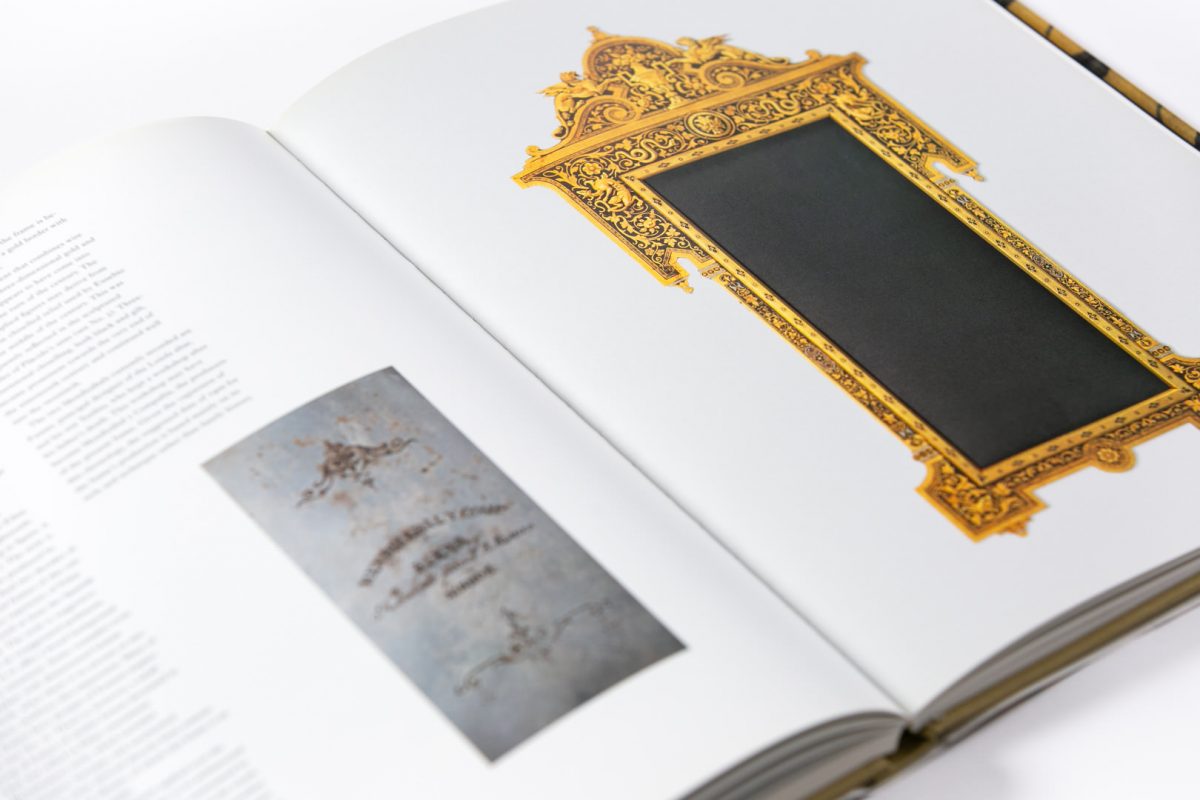
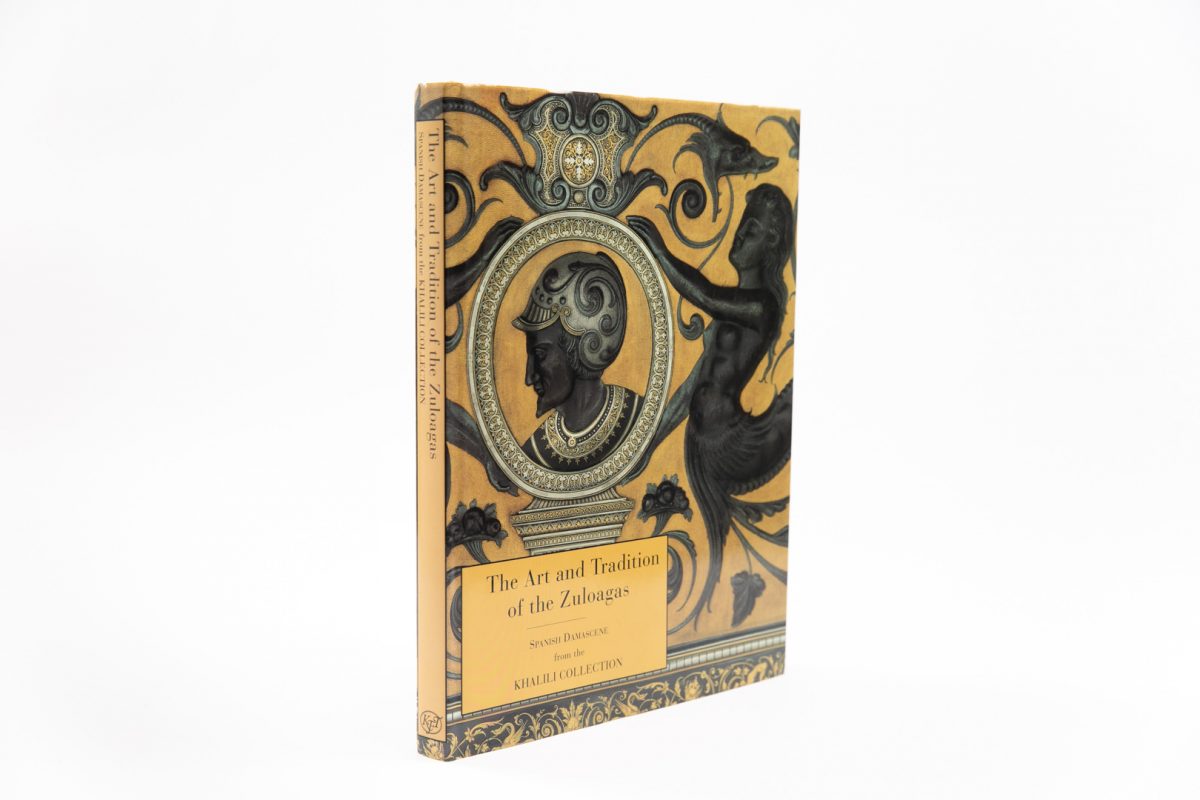
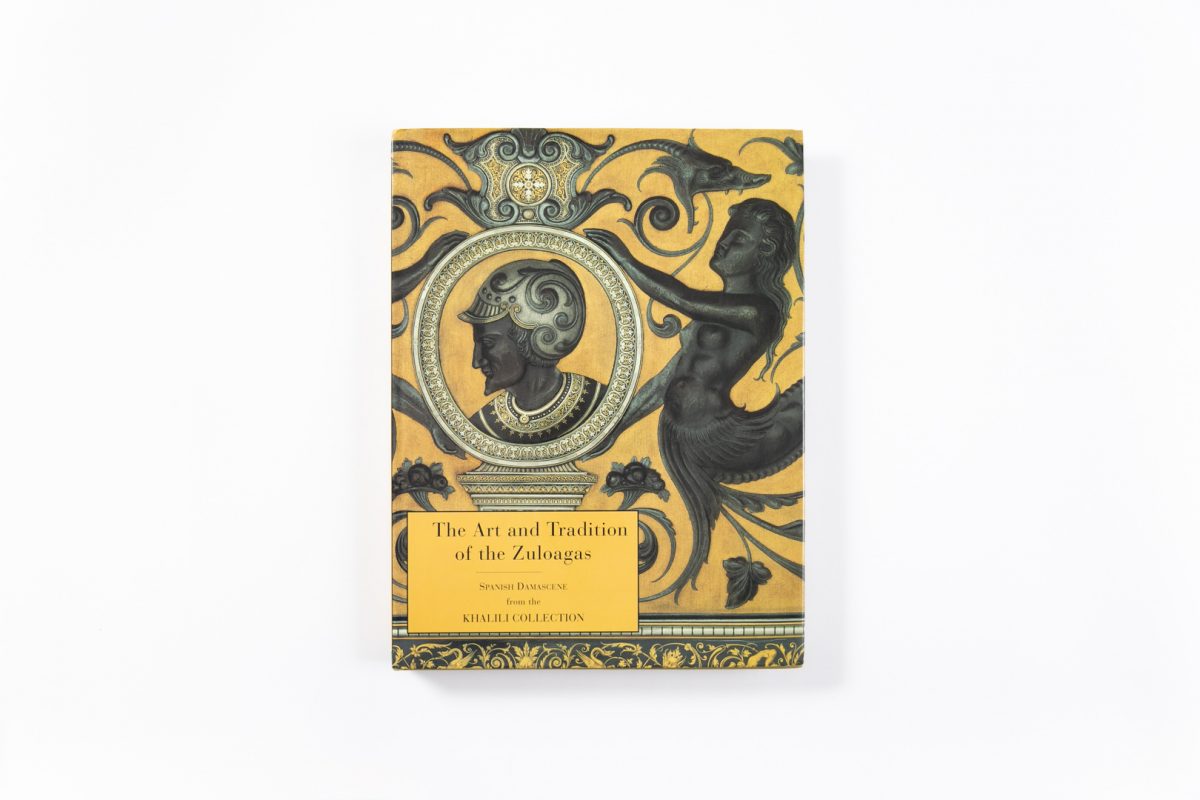
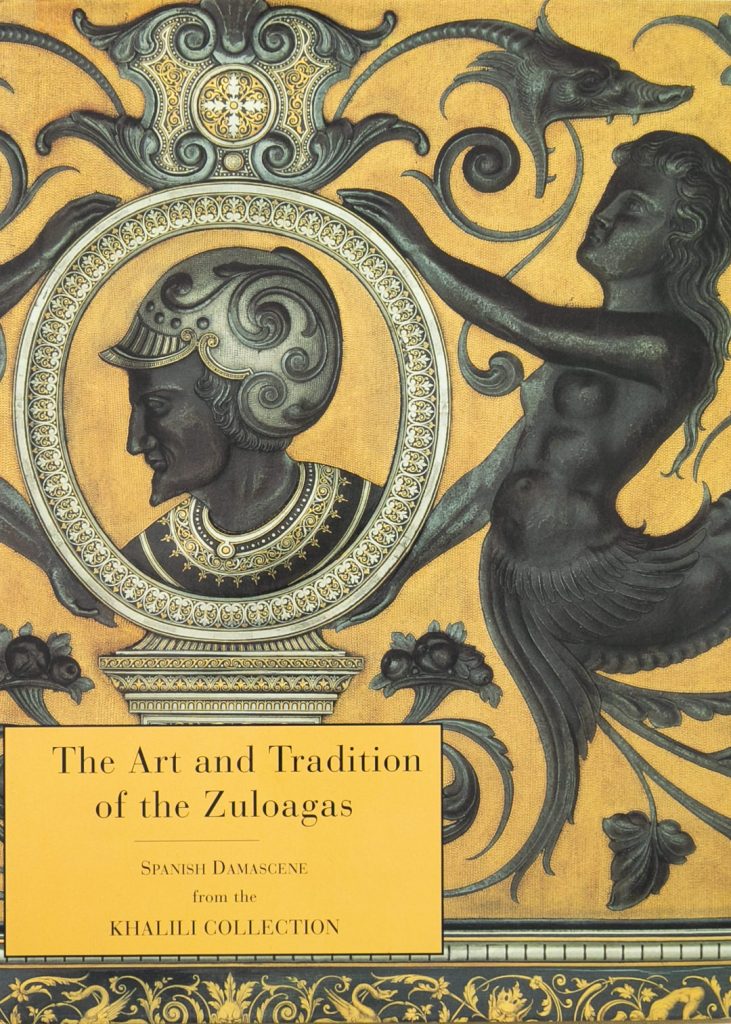
Please register your email to download a pdf of this book.